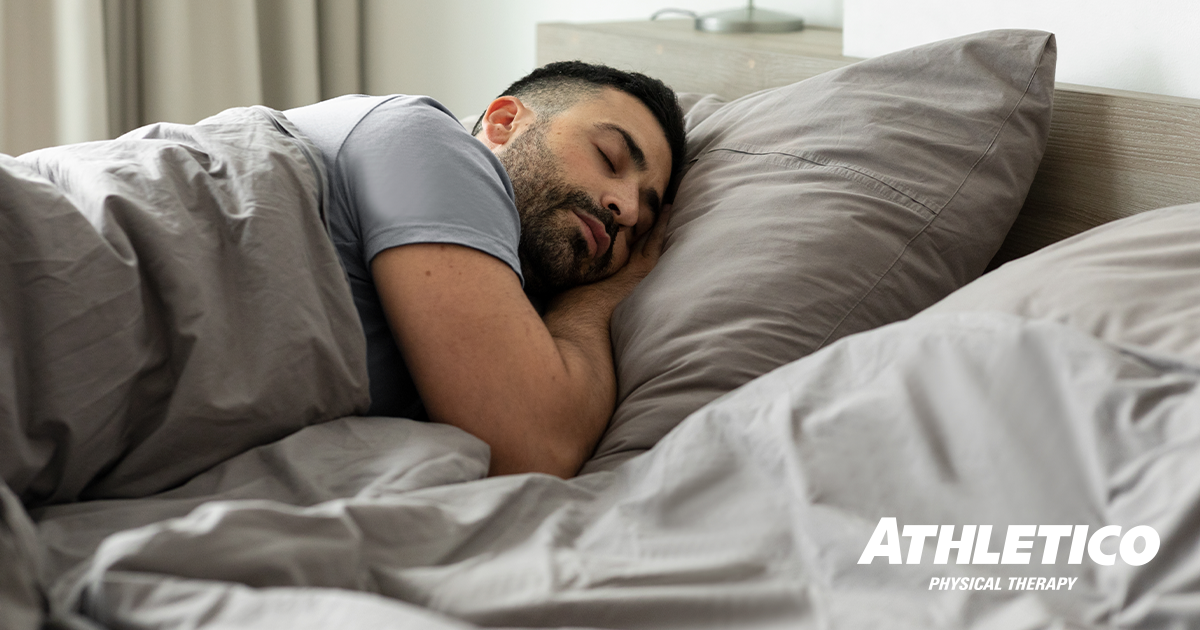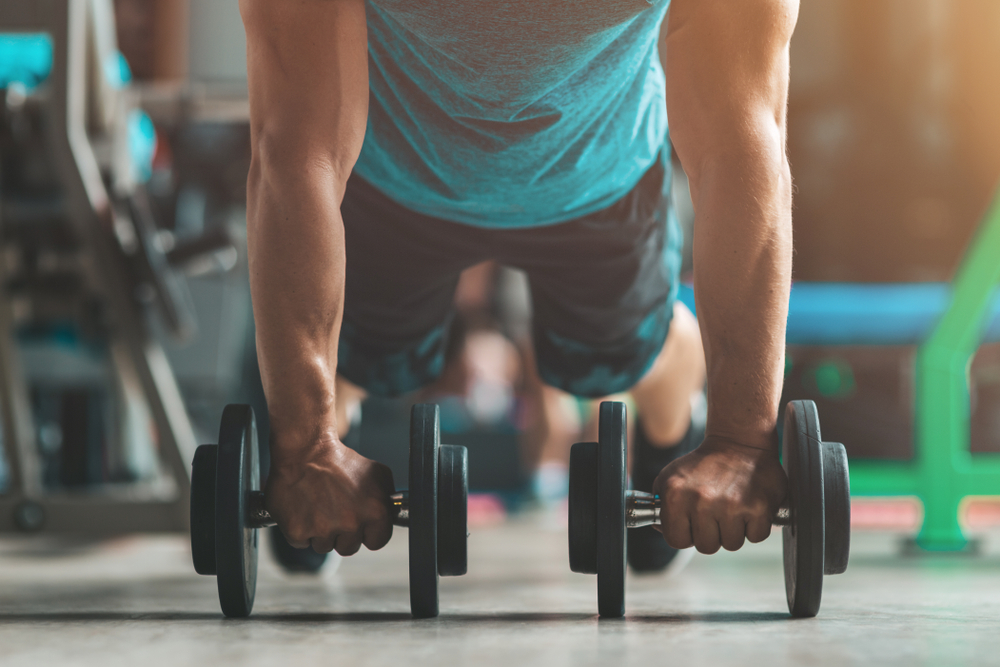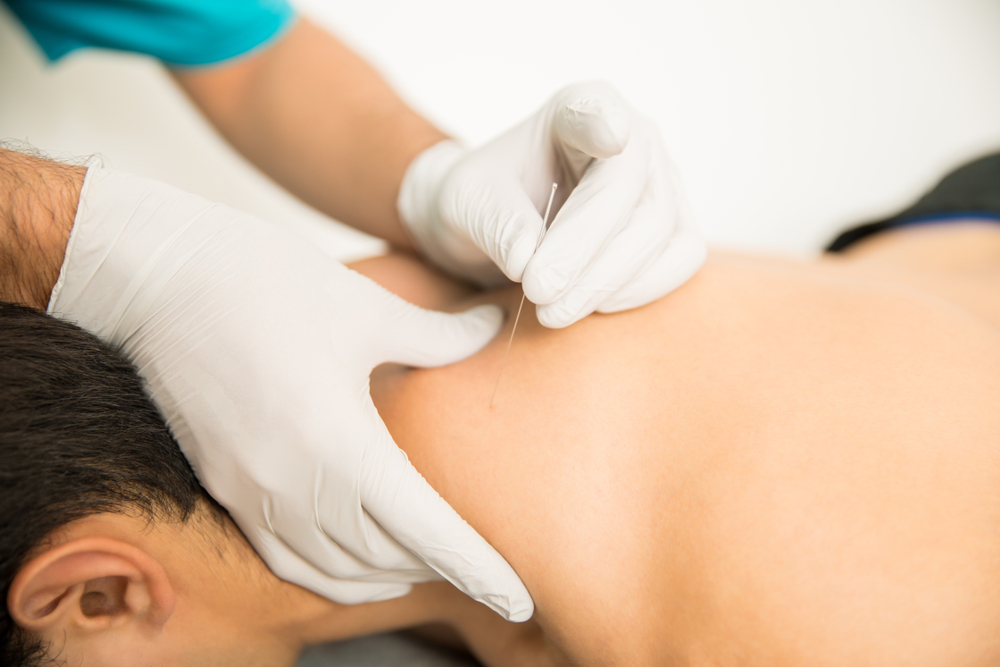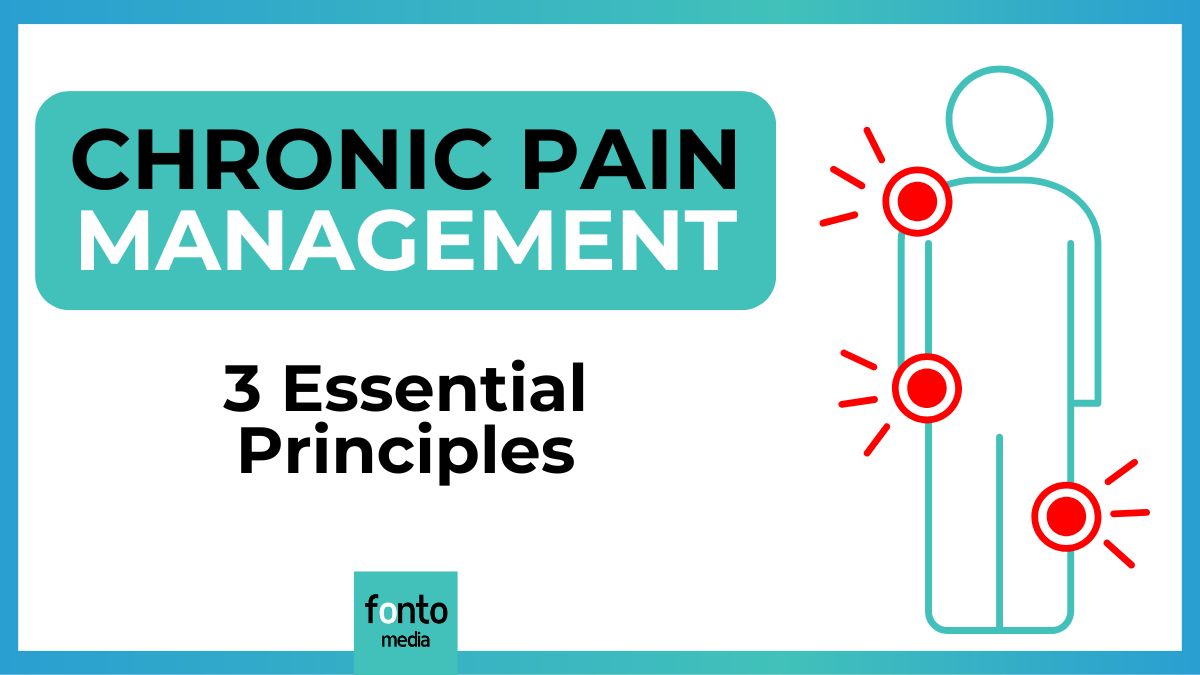In physical therapy and fitness, much emphasis is placed on exercise routines, nutrition, and even mental health. However, one crucial element often overlooked is sleep. Quality sleep is not just a luxury; it’s a necessity for optimal muscle recovery and overall health. Let’s dive into how catching those precious Zzzs can significantly enhance muscle recovery.
The Science Behind Sleep and Muscle Recovery
Our muscles undergo stress and minor damage when we engage in physical activities, especially intense workouts. This is a natural process that leads to muscle growth and strength. However, for these muscles to repair and grow, they need adequate rest; this is where sleep comes into play.
During sleep, particularly deep sleep, our bodies undergo several physiological processes essential for muscle recovery. One of the most critical processes is the release of growth hormone. This hormone plays a pivotal role in repairing and rebuilding muscle tissues broken down during exercise.
Additionally, sleep helps regulate the production of cortisol, a stress hormone that can impede muscle recovery if levels remain elevated.
The Role of Different Sleep Stages
Sleep is divided into several stages, each playing a unique role in muscle recovery. The Rapid Eye Movement (REM) sleep and Non-REM (NREM) sleep are the two main stages.
1. NREM Sleep
This stage is divided into three phases, with the deepest phase being the most crucial for muscle recovery. During this phase, blood flow to the muscles increases, delivering essential nutrients and oxygen needed for repair. It’s also when most growth hormones are released, facilitating muscle growth and repair.
2. REM Sleep
REM sleep is more associated with cognitive functions like memory and learning, but it also plays a role in overall recovery. The brain’s activity during REM sleep helps process the physical stress experienced during the day, indirectly supporting muscle recovery.
The Impact of Sleep Deprivation on Muscle Recovery
Lack of sleep can have detrimental effects on muscle recovery. Studies have shown that sleep deprivation can lead to decreased muscle strength, slower recovery times, and an increased risk of injury. When we don’t get enough sleep, our bodies produce less growth hormones and more cortisol, creating an environment not conducive to muscle repair and growth.
Moreover, sleep deprivation can impair our immune system, making it harder for our bodies to fight off inflammation and heal from injuries. This can be particularly problematic for those undergoing physical therapy, as the body’s ability to recover from exercises and treatments is compromised.
Scientific Studies Supporting Sleep and Muscle Recovery
Several scientific studies have highlighted the importance of sleep for muscle recovery:
- Study on Growth Hormone Release: Research has shown that human growth hormone (hGH) is released in significant amounts during the early stages of sleep, particularly during slow-wave sleep (SWS). This hormone is crucial for muscle repair and growth.
- Impact of Sleep Deprivation: A study found that sleep deprivation increases protein breakdown and decreases protein synthesis, leading to muscle atrophy2. This underscores the importance of adequate sleep for maintaining muscle mass.
- Neuromuscular Junction Homeostasis: Recent research demonstrated that sleep plays a vital role in maintaining neuromuscular junction (NMJ) homeostasis and function3. Sleep deprivation was shown to disrupt NMJ architecture and bioenergetics, highlighting the necessity of sleep for muscle function.
Tips for Better Sleep and Enhanced Muscle Recovery
To maximize muscle recovery, it’s essential to prioritize good sleep hygiene. Here are some tips to help you get the restorative sleep your body needs:
- Maintain a Consistent Sleep Schedule: Going to bed and waking up at the same time every day helps regulate your body’s internal clock, making it easier to fall asleep and wake up naturally.
- Create a Relaxing Bedtime Routine: Before bed, engage in calming activities, such as reading, meditating, or taking a warm bath. This signals to your body that it’s time to wind down.
- Optimize Your Sleep Environment: Keep your bedroom cool, dark, and quiet to promote sleep. Consider using blackout curtains, earplugs, or a white noise machine if necessary.
- Limit Screen Time Before Bed: The blue light emitted by phones, tablets, and computers can interfere with melatonin production, making it harder to fall asleep. Try to avoid screens at least an hour before bedtime.
- Watch Your Diet and Exercise: Avoid heavy meals, caffeine, and alcohol close to bedtime. Regular physical activity can promote better sleep but try to finish exercising at least a few hours before bed.
Incorporating good sleep habits into your routine is just as important as your physical therapy exercises and nutrition. By prioritizing quality sleep, you can enhance muscle recovery, reduce the risk of injury, and improve overall performance. If you need assistance with your fitness and recovery needs, don’t hesitate to call Athletico Physical Therapy. Our team of experts is here to help you achieve your health and fitness goals.
*Per federal guidelines, beneficiaries of plans such as Medicare, Medicaid, Tricare, VHA and other federally funded plans are not eligible for free assessments.
The Athletico blog is an educational resource written by Athletico employees. Athletico bloggers are licensed professionals who abide by the code of ethics outlined by their respective professional associations. The content published in blog posts represents the opinion of the individual author based on their expertise and experience. The content provided in this blog is for informational purposes only, does not constitute medical advice and should not be relied on for making personal health decisions.
References:
1. Born, J., Muth, S., & Fehm, H. L. (1988). Human growth hormone release during sleep.
2. Dattilo, M., Antunes, H. K., Medeiros, A., et al. (2011). Sleep deprivation increases protein breakdown and decreases protein synthesis.
3. Sharma, N., et al. (2023). Sleep deprivation disrupts neuromuscular junction architecture and bioenergetics.
4. Erlacher, D., & Vorster, A. (2023). Sleep and muscle recovery – Current concepts and empirical evidence.
5. Brager, A. J., & Paul, K. N. (2023). Sleep is of the muscle, by the muscle, and for the muscle.
Zachary Vandenberg has been a physical therapist for over 7 years with a broad range of experience treating orthopedic, vestibular, neuro, and chronic pain populations. He graduated from Marquette University in Milwaukee WI and is now a clinic manager in Northeast WI. In his free time he enjoys biking, live music, and working in the yard.










